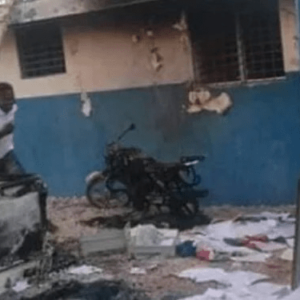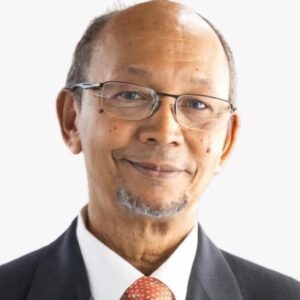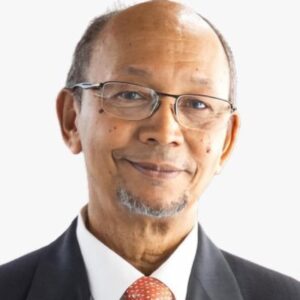P-au-P., July 20, 2024 [AlterPresse] — The increased insecurity and precariousness in recent years could push a large majority of Haitians to stay away from the polls during the elections scheduled for the end of 2025.
This is what researcher and analyst Yvens Rumbold, director of the Policité institution, said on the program TiChèzBa, a magazine for discussing current affairs broadcast on Saturday July 20, 2024 on AlterRadio.
Policité has just published the results of a study conducted last January on the needs of citizens and their understanding of the Haitian political system.
“Only 29% of those surveyed could vote in the next elections: 16% say they are likely to vote and 13% are certain to vote,” reveals the survey, at a time when the Transitional Presidential Council (CPT) is working to set up a new Provisional Electoral Council.
“21% make their electoral participation conditional on the restoration of security in the country”, where gang violence has been raging for several years.
Subscribe to the AlterPresse/AlterRadio Platform Youtube channel – CLICK HERE
Some specific elements of the context in which the study was carried out have changed, such as the political administration, but the fundamental aspects remain as they are: high crime rates and precariousness while the authority of the State struggles to assert itself and its usefulness is barely perceptible to citizens.
“Less than 2% of respondents have confidence in the way elections are conducted in the country. While 88.6% of all respondents believe that the way elections are traditionally organized in Haiti is bad.”
There is much to be done to bring Haitians to the polls, with respondents conditioning their electoral participation on the satisfaction of priority needs such as security (89%), employment (72.49%) and access to health services (70.38%).
In Haiti, no elected official has been in office since 2020. The last presidential election was held on November 20, 2016, with a turnout of about 20%. The last President, elected with about 600,000 votes in a country with more than 11 million inhabitants, was assassinated in July 2021.
Although 91% of respondents say they have their voter card, the study’s results reveal factors that could weaken democracy and compromise the next elections in Haiti.
“49.84% of respondents indicate that they do not understand at all how the State works and only 32% can distinguish between the Court of Cassation and the High Council of the Judiciary.”
Despite a strong traditional appeal of political issues, civic engagement is reportedly low: of all respondents, 35% expressed interest in participating in a public consultation.
Follow the AlterPresse/AlterRadio channel on WhatsApp – CLICK HERE
In its recommendations, the inquiry encourages intense and targeted work to raise awareness and educate about democracy, as well as the promotion of citizen participation and dialogue.
Yvens Rumbold believes that the authorities should take steps to restore confidence in the electoral process, initially through the quality of the people appointed to the Provisional Electoral Council (CEP).
It is important to use models that have produced results around the world in reversing the trend in voter turnout, he adds.
Political actors, civil society and the media must also assume and validly play their role in the work of civic education in order to promote informed choices. [apr 20/07/2024 08:00]









